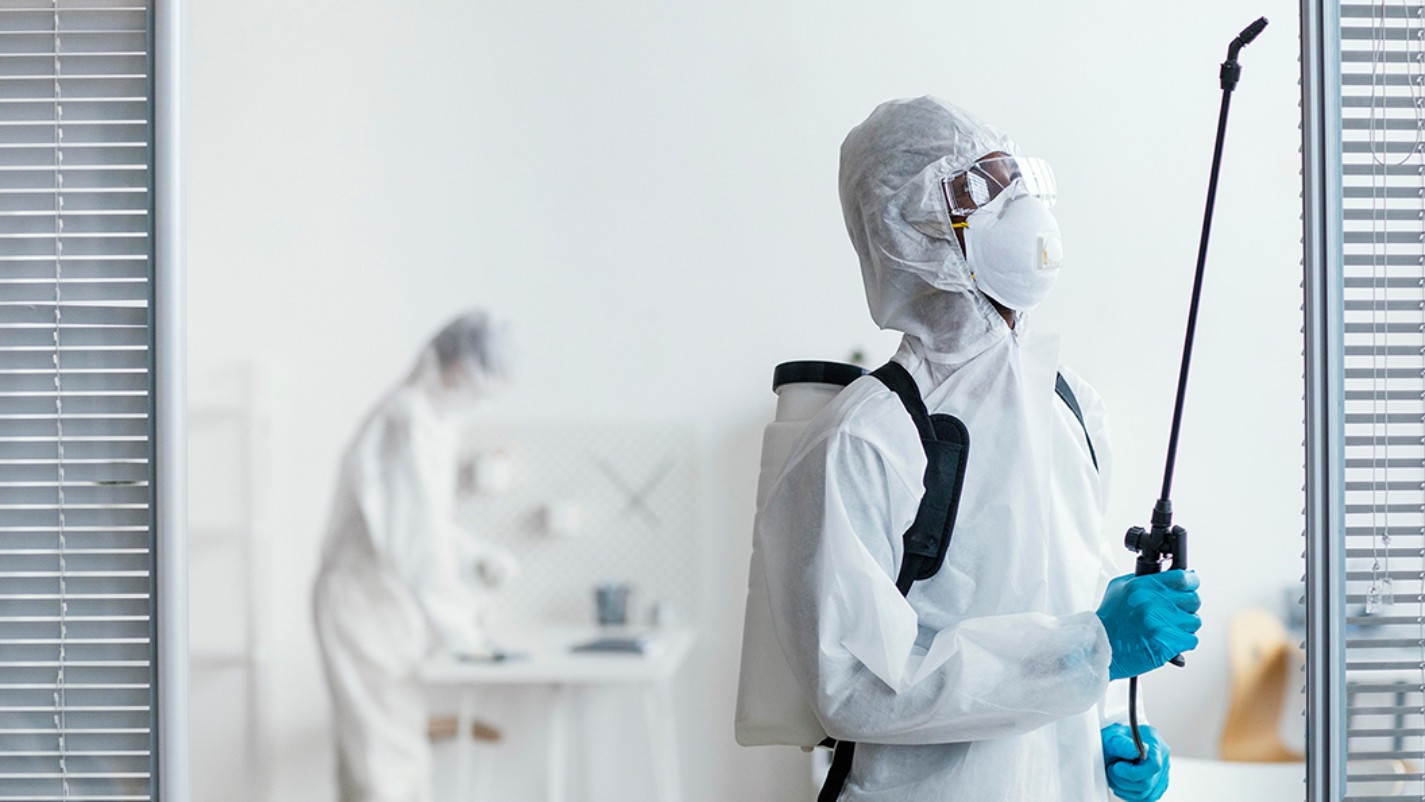
How Regular Factory Sanitization Enhances Workplace Safety in Malaysia
In the fast-paced industrial sectors of Malaysia, ensuring a clean and safe working environment is more crucial than ever. From electronics to food production and manufacturing, factories are the engines that drive the Malaysian economy. However, with the rise in concerns over hygiene, health, and safety—especially after the pandemic—businesses are beginning to understand the long-term value of Factory Sanitization Malaysia services.
Let’s look closer at why regular sanitization is not just a good practice, but a workplace safety necessity in the Malaysian industrial landscape.
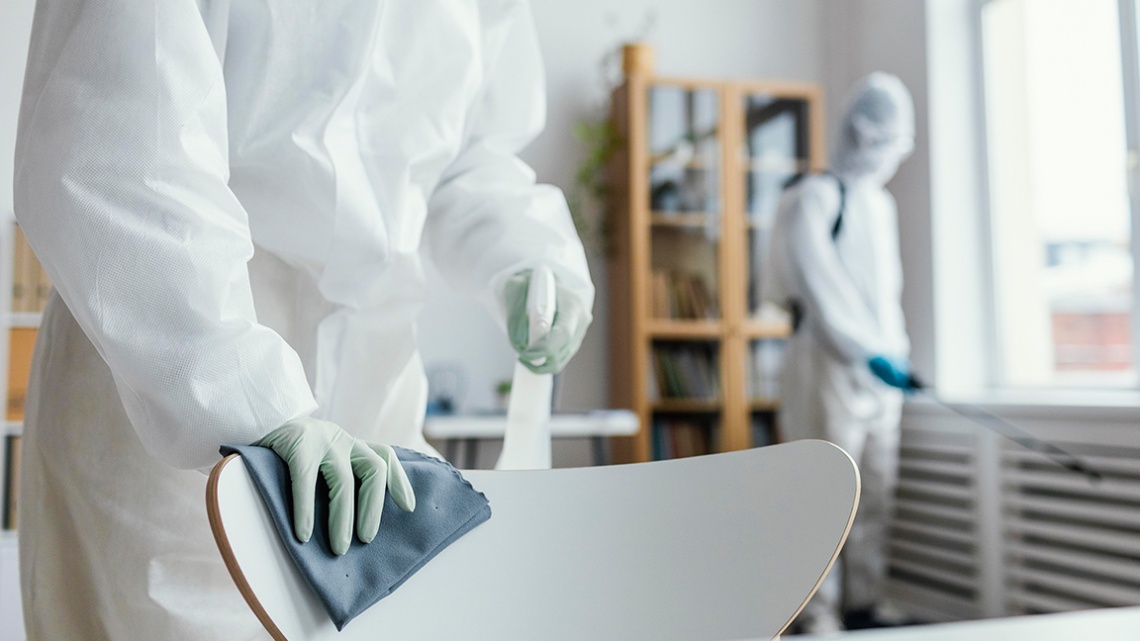
Why Workplace Safety Starts with Hygiene
Malaysian factories are bustling hubs where hundreds—sometimes thousands—of workers share the same space and equipment daily. Germs, bacteria, and viruses can easily thrive in high-contact environments, potentially leading to widespread illness, low productivity, and even temporary shutdowns.
Regular factory sanitization Malaysia services ensure that bacteria and viruses are eliminated before they become a problem. This proactive approach helps keep workers healthy, machinery clean, and operations running smoothly.
Key Safety Risks That Sanitization Helps Prevent:
1. Spread of infectious diseases such as COVID-19, flu, and hand-foot-mouth disease.
2. Contamination of goods in sensitive manufacturing sectors like food and electronics.
3. Cross-contamination between workstations and departments.
4. Reduced air quality due to dust and allergens.
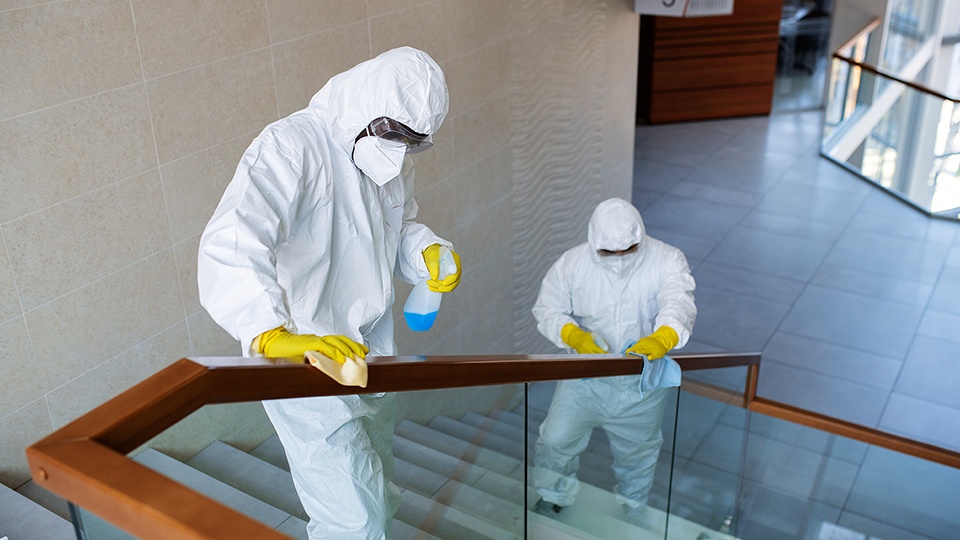
Trends: Sanitization Is Now a Standard, Not an Option
In 2025, the demand for industrial hygiene has skyrocketed. According to the Malaysian Ministry of Health and the Department of Occupational Safety and Health (DOSH), more stringent workplace safety regulations are being introduced to mitigate biohazards in industrial zones.
Companies like Germisep, specialising in factory sanitization in Malaysia, are leading this transition. These experts provide comprehensive sanitization services using advanced equipment and hospital-grade disinfectants. More importantly, they tailor their strategies based on your factory type, size, and workflow—ensuring minimal disruption during operations.

The Benefits of Regular Factory Sanitization
1. Protects Employee Health and Reduces Sick Days
A sanitized workplace lowers the chances of illness outbreaks. When your staff feels safe and healthy, they’re more productive, and absenteeism drops significantly.
2. Improves Equipment Longevity
Dust and grime can damage sensitive machinery over time. Sanitization isn’t just about cleaning floors and toilets—it also involves cleaning machinery surfaces and air vents to reduce wear and tear.
3. Enhances Workplace Morale
Employees feel more valued in a clean and safe environment. When management invests in regular factory sanitization in Malaysia, it sends a clear message: “We care about our people.”
4. Compliance with Regulations
With regulatory bodies in Malaysia emphasizing health and safety post-pandemic, maintaining a sanitized factory helps you stay compliant and avoid costly fines or shutdowns.
5. Boosts Brand Reputation
Whether you’re a B2B manufacturer or a food processor, clients and partners want to know they work with a hygienic, compliant, and responsible factory. Regular sanitization boosts confidence and credibility in your brand.
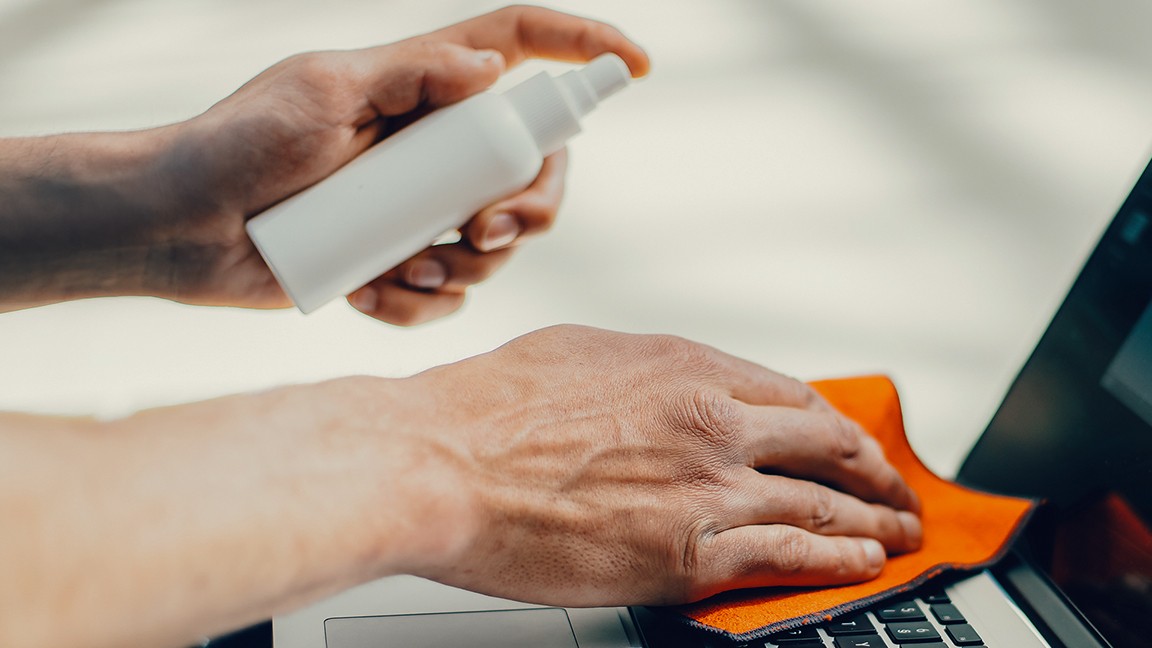
Best Practices for Effective Factory Sanitization
To get the most out of your factory sanitization Malaysia efforts, consider the following best practices:
1. Schedule Regular Cleanings: Weekly or bi-weekly sanitizations are ideal, depending on your production schedule.
2. Focus on High-Touch Areas: Prioritize door handles, machinery buttons, lockers, toilets, and shared equipment.
3. Use MOH-Approved Disinfectants: Companies like Germisep offer hospital-grade disinfectants that meet safety standards.
4. Keep Records: Maintain a sanitization log to document procedures, which can be helpful during audits.
5. Train Staff: Educate workers on the importance of hygiene and how they can contribute to maintaining cleanliness.
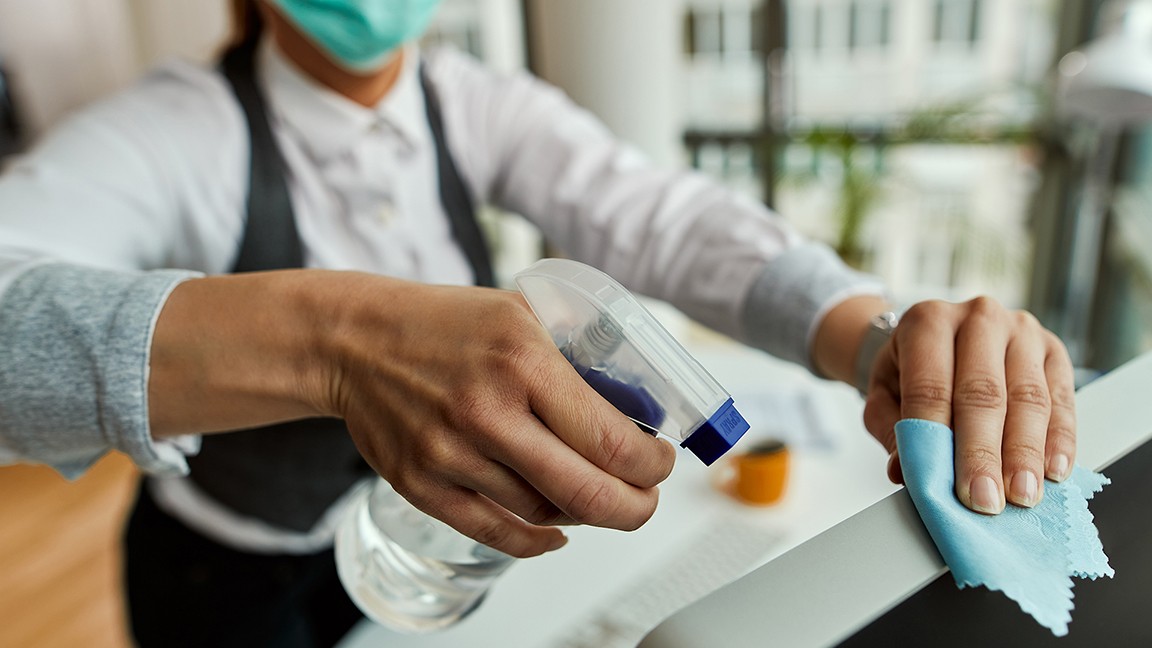
Why Choose Germisep for Factory Sanitization in Malaysia?
Germisep is a trusted name in Malaysia for industrial hygiene solutions. Their experienced team understands factories’ unique challenges and tailors their services accordingly. With eco-friendly products, rapid response teams, and competitive pricing, they offer one of Malaysia’s most reliable solutions for factory sanitization.
Whether you’re a small-scale workshop or a multi-line production plant, Germisep ensures your environment is clean and sanitized to medical standards.
Final Thoughts
Workplace safety isn’t just about helmets and warning signs—it’s also about invisible threats like bacteria and viruses. In Malaysia’s evolving industrial climate, factory sanitization Malaysia is becoming a critical pillar of operational safety and business continuity.
Investing in regular sanitization isn’t an expense—it’s a strategy to protect your workforce, reputation, and bottom line.
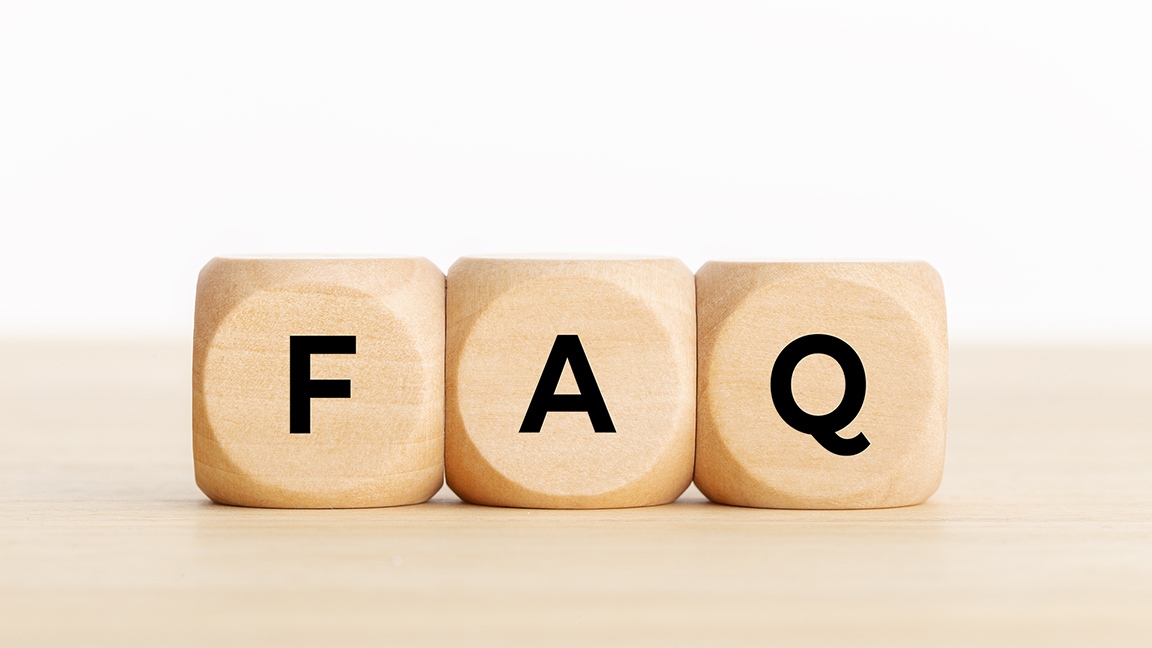
FAQs
1. How often should a factory be sanitized in Malaysia?
This depends on the nature of the work and the number of employees. Weekly sanitization is ideal for high-traffic factories, while monthly might suffice for smaller operations.
2. Are all disinfectants safe for factory use?
Not all disinfectants are created equal. It’s essential to use those approved by Malaysia’s Ministry of Health, like the ones provided by Germisep.
3. Can sanitization be done during working hours?
Yes, many factory sanitization Malaysia service providers, including Germisep, offer flexible scheduling to minimize disruption—some even operate during off-hours or weekends.